The snow may have melted, but serious snowboarders know that peak performance on the mountain starts with dedicated off-season training. Whether you're looking to improve your technique, build strength, or simply maintain your edge during the warmer months, a structured training program can transform your riding when winter returns.
The foundation: cardiovascular fitness
Snowboarding demands exceptional cardiovascular endurance, particularly during long days on the mountain or challenging backcountry adventures. Building a strong aerobic base during the off-season ensures you'll have the stamina to make the most of every powder day.
Running, cycling, and hiking provide excellent cardiovascular conditioning while building the leg strength essential for snowboarding. Aim for 30-45 minutes of moderate-intensity cardio 3-4 times per week. Trail running and mountain biking are particularly beneficial as they develop the balance and proprioception skills that translate directly to snowboard performance.
Strength training essentials
Snowboarding places unique demands on your body, requiring strength, power, and muscular endurance across multiple movement patterns. A comprehensive strength training program should focus on functional movements that mirror the demands of riding.
Key exercises include squats, lunges, deadlifts, and single-leg movements that build unilateral strength and stability. Plyometric exercises like box jumps, lateral bounds, and jump squats develop the explosive power needed for aggressive riding and landing jumps. Core strengthening through planks, rotational exercises, and stability ball work builds the foundation for balance and control.
Train 2-3 times per week, focusing on compound movements that engage multiple muscle groups simultaneously. This approach builds functional strength while improving coordination and movement efficiency.
Balance and proprioception development
Superior balance and body awareness separate good riders from great ones. Off-season training provides the perfect opportunity to develop these crucial skills through targeted exercises and activities.
Balance board training, yoga, and slacklining all improve proprioception and stability. Indo boards and balance trainers specifically designed for board sports offer sport-specific training that directly translates to snowboard performance. Incorporate balance training into your routine 3-4 times per week, even if just for 10-15 minutes per session.
Cross-training activities
Engaging in complementary sports and activities keeps training fresh while developing skills that enhance snowboarding performance. Skateboarding and longboarding maintain board feel and edge control during the off-season. Surfing develops balance, timing, and the ability to read and respond to changing conditions.
Rock climbing builds grip strength, core stability, and mental focus. Martial arts improve flexibility, balance, and body awareness. Even activities like trampolining can help develop air awareness and rotation skills for freestyle riders.
Flexibility and mobility work
Maintaining and improving flexibility prevents injury while enhancing performance on the mountain. Snowboarding requires good hip mobility, ankle flexibility, and thoracic spine rotation. Regular stretching and mobility work should be integrated into every training session.
Dynamic warm-ups before training and static stretching afterward help maintain range of motion. Yoga classes provide comprehensive flexibility training while building strength and balance. Foam rolling and self-massage techniques aid recovery and maintain tissue quality.
Mental training and visualization
Physical preparation is only part of the equation. Mental training through visualization, goal setting, and mindfulness practices can significantly impact performance. Spend time visualizing successful runs, practicing breathing techniques, and setting specific, measurable goals for the upcoming season.
Video analysis of professional riders and your own footage helps identify areas for improvement and reinforces proper technique during the off-season.
Reward your dedication with quality gear
After months of dedicated training and preparation, you deserve equipment that matches your commitment to excellence. At Wiredsport, we understand that serious riders demand serious gear, and we've curated a selection of premium snowboards, bindings, boots, and accessories to reward your hard work.
Whether you're looking to upgrade to a high-performance board that can handle your improved skills, invest in bindings that offer superior response and control, or treat yourself to boots that provide the comfort and precision you've earned through your training, we have the gear to match your dedication.
Our expert team can help you select equipment that complements your riding style and goals. From all-mountain boards for versatile performance to specialized freestyle or freeride setups, we carry the brands and models that serious riders trust. Explore our complete snowboard collection and find the perfect reward for your off-season efforts.
Periodization and planning
Effective off-season training follows a periodized approach that builds fitness systematically throughout the year. Begin with a base-building phase focused on general fitness and movement quality. Progress to strength and power development, then peak with sport-specific training as winter approaches.
Plan your training calendar around your riding goals and the start of your local season. Allow adequate time for recovery and adaptation between training phases, and don't forget to include rest weeks to prevent overtraining.
Nutrition and recovery
Proper nutrition and recovery practices support your training efforts and ensure consistent progress. Focus on whole foods, adequate protein intake, and proper hydration. Quality sleep, stress management, and active recovery sessions all contribute to training adaptations and injury prevention.
Final Thoughts
Off-season training is an investment in your snowboarding future. By dedicating time to cardiovascular fitness, strength training, balance development, and mental preparation, you'll return to the mountain stronger, more skilled, and ready to push your limits.
Remember that consistency trumps intensity – regular, moderate training throughout the off-season produces better results than sporadic high-intensity efforts. Start your program early, stay committed to the process, and prepare to experience the rewards when the snow flies again.
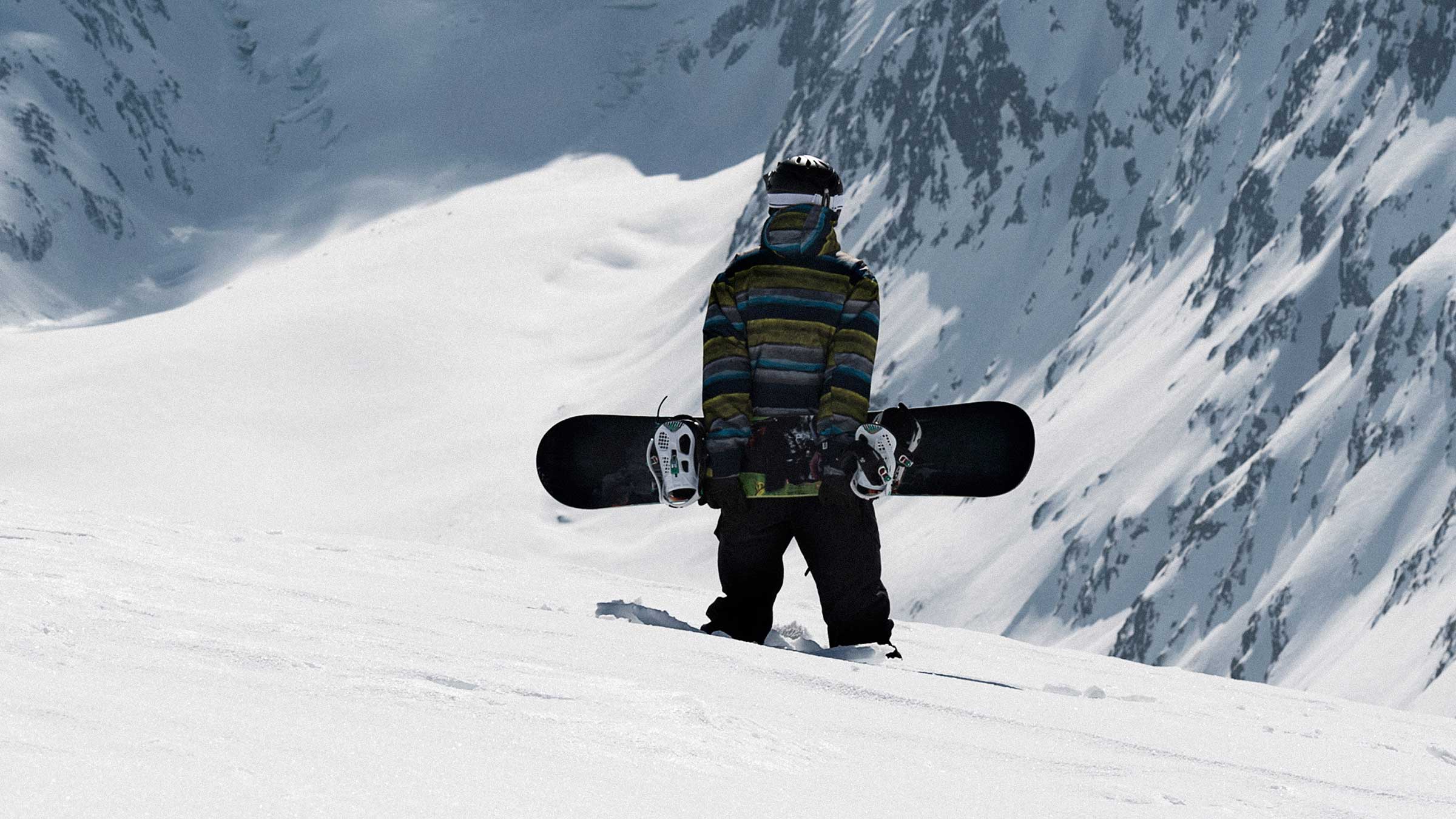
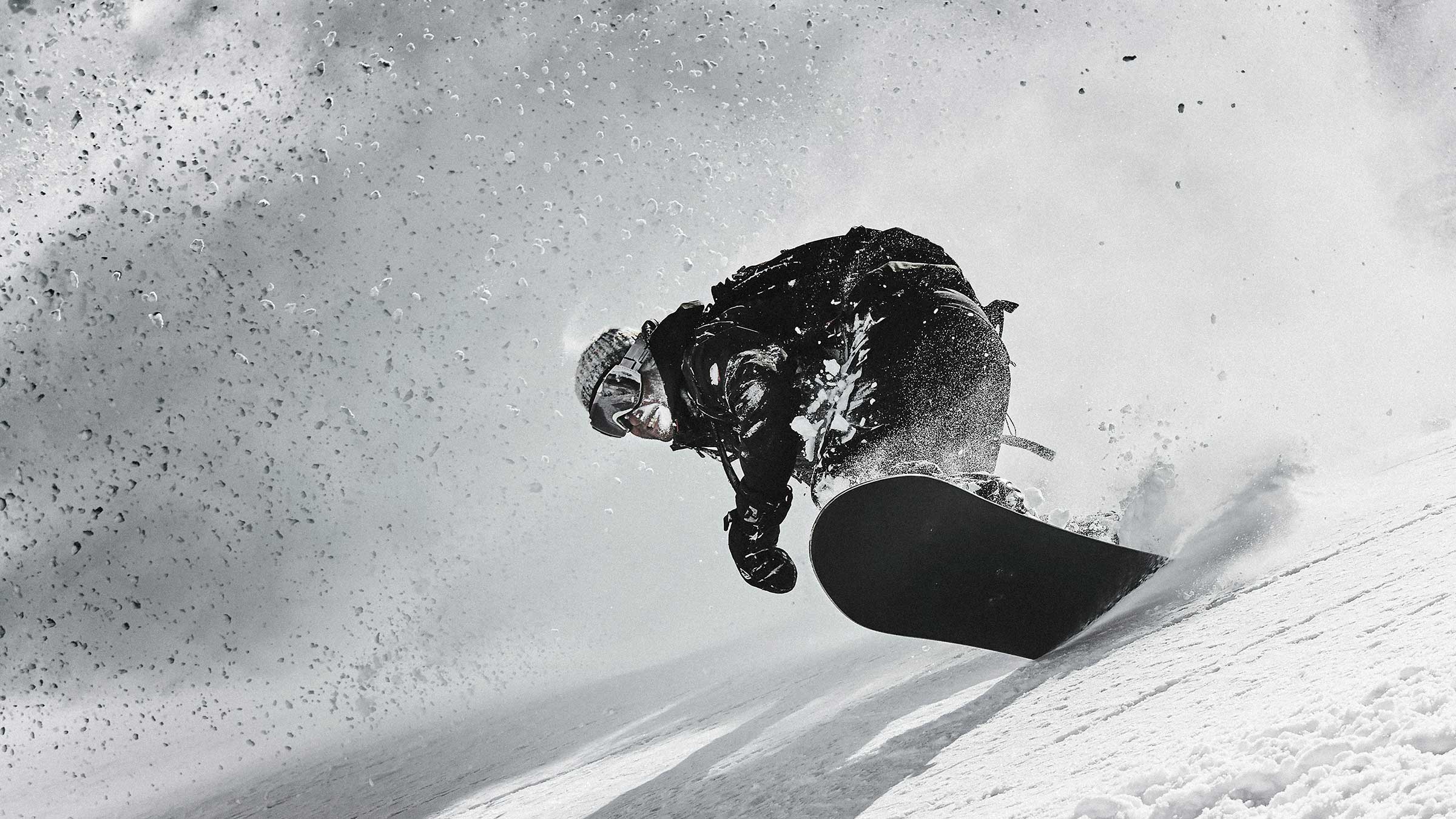
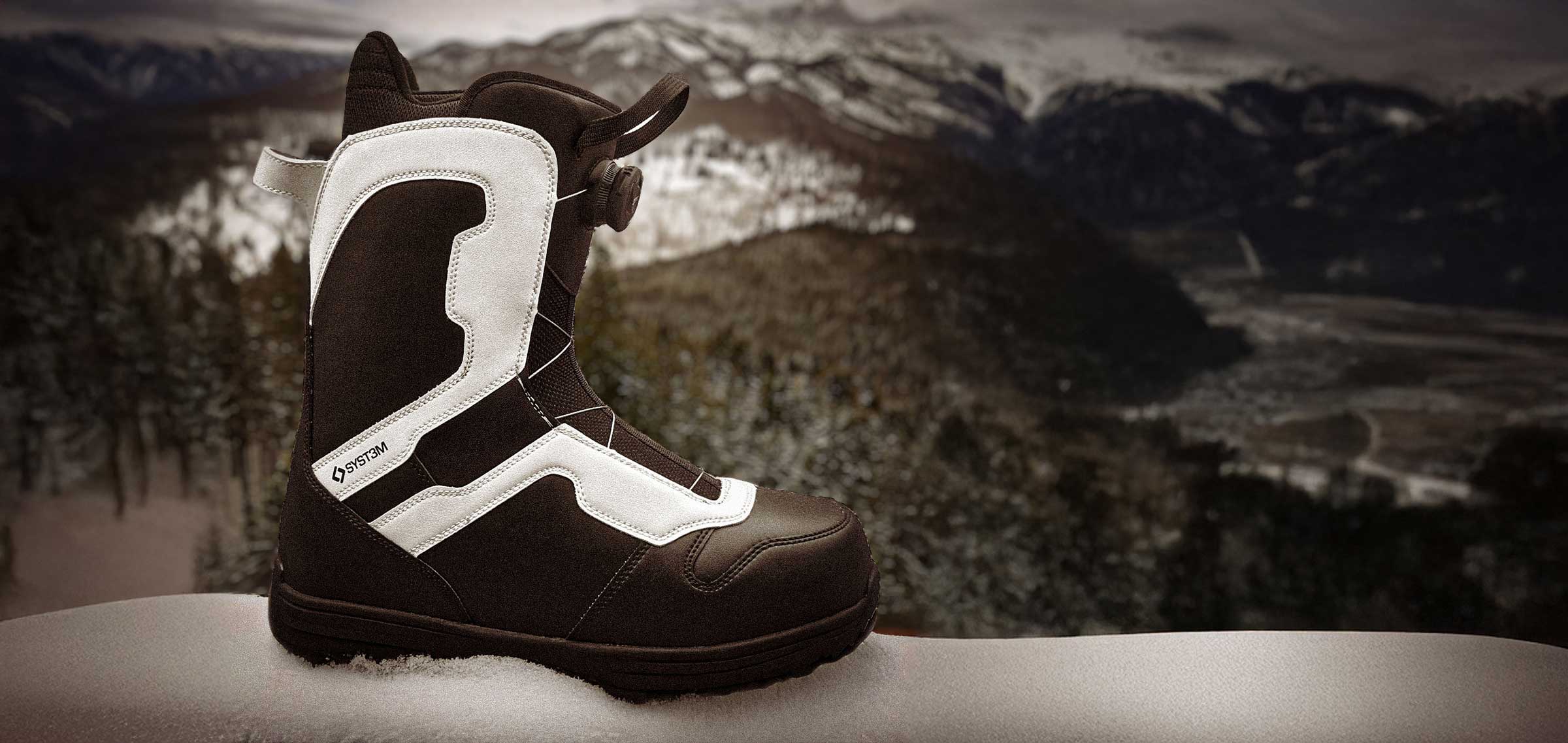
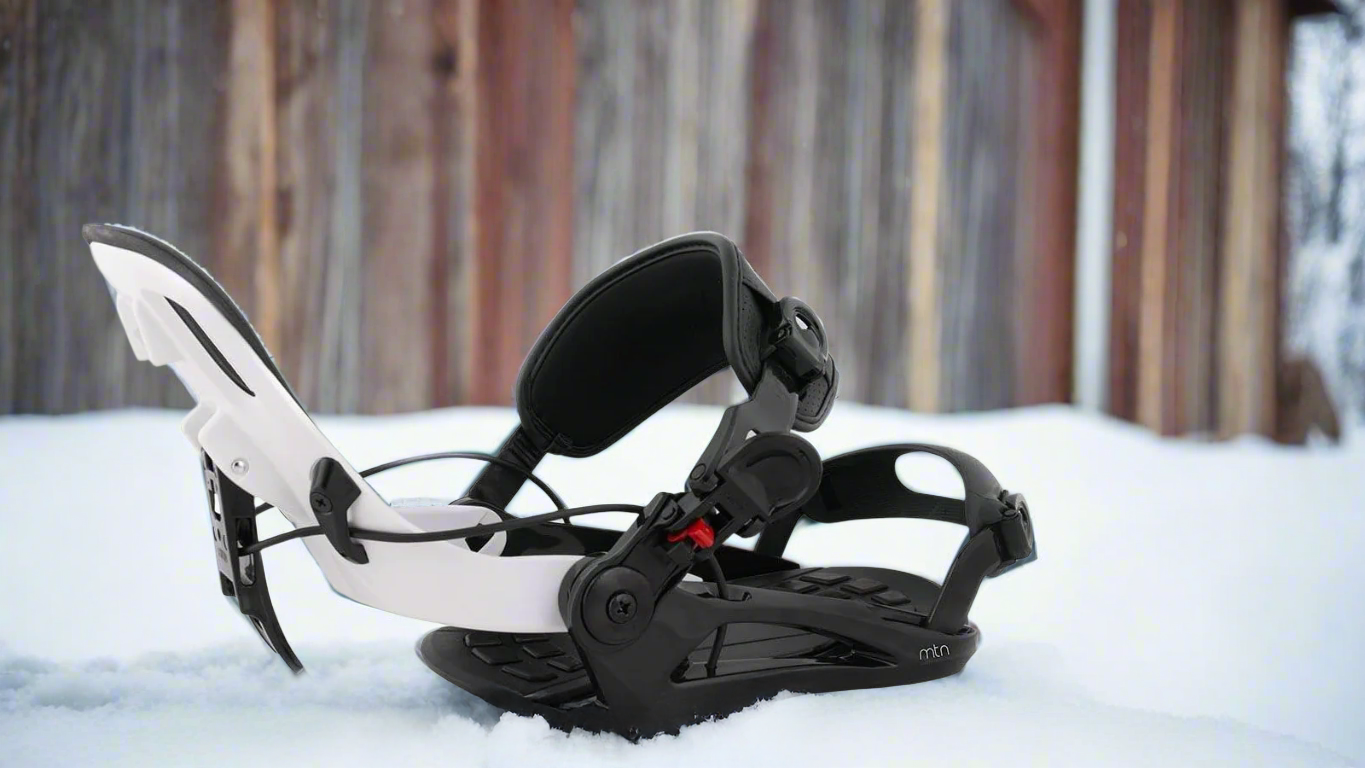
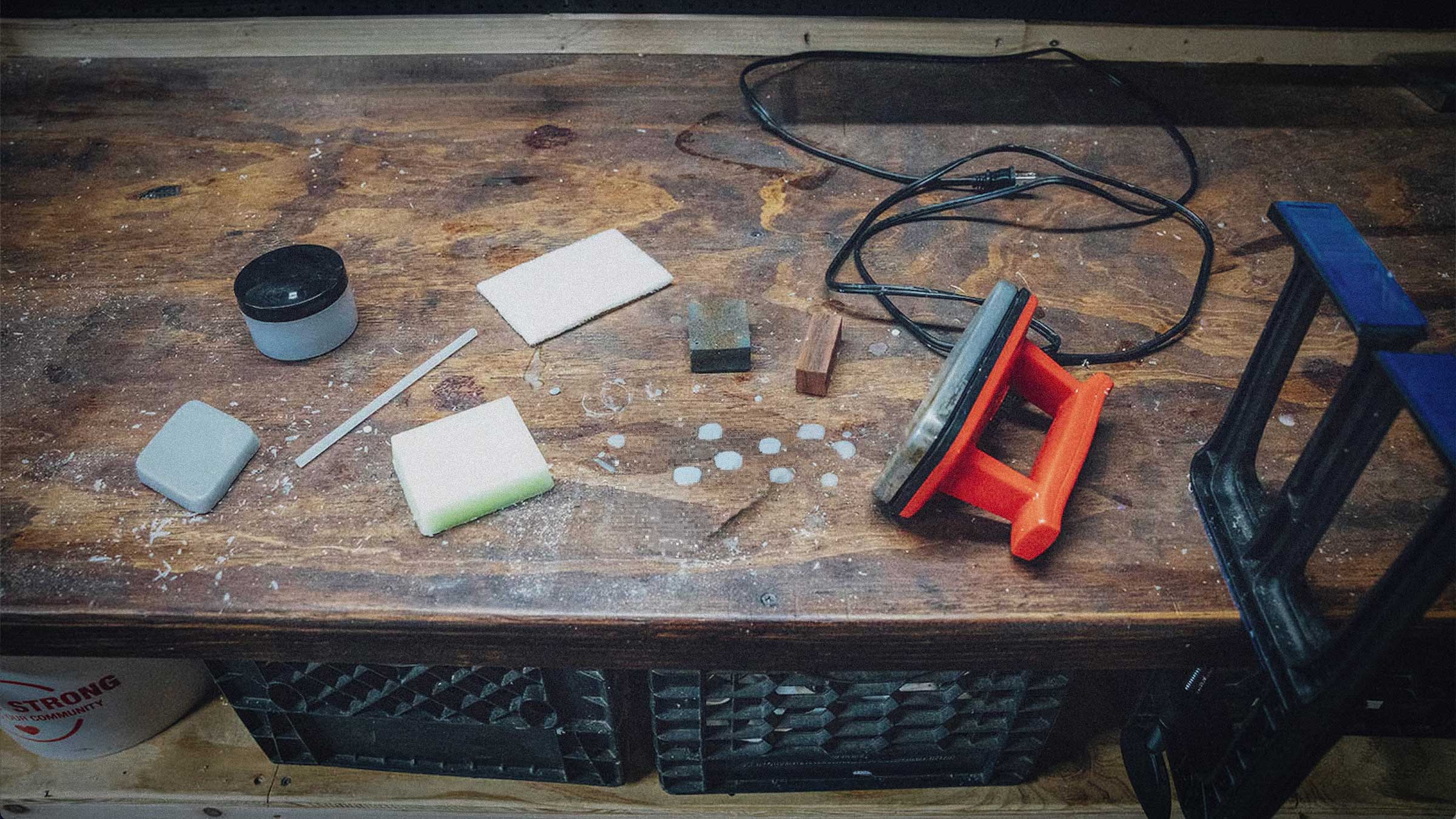
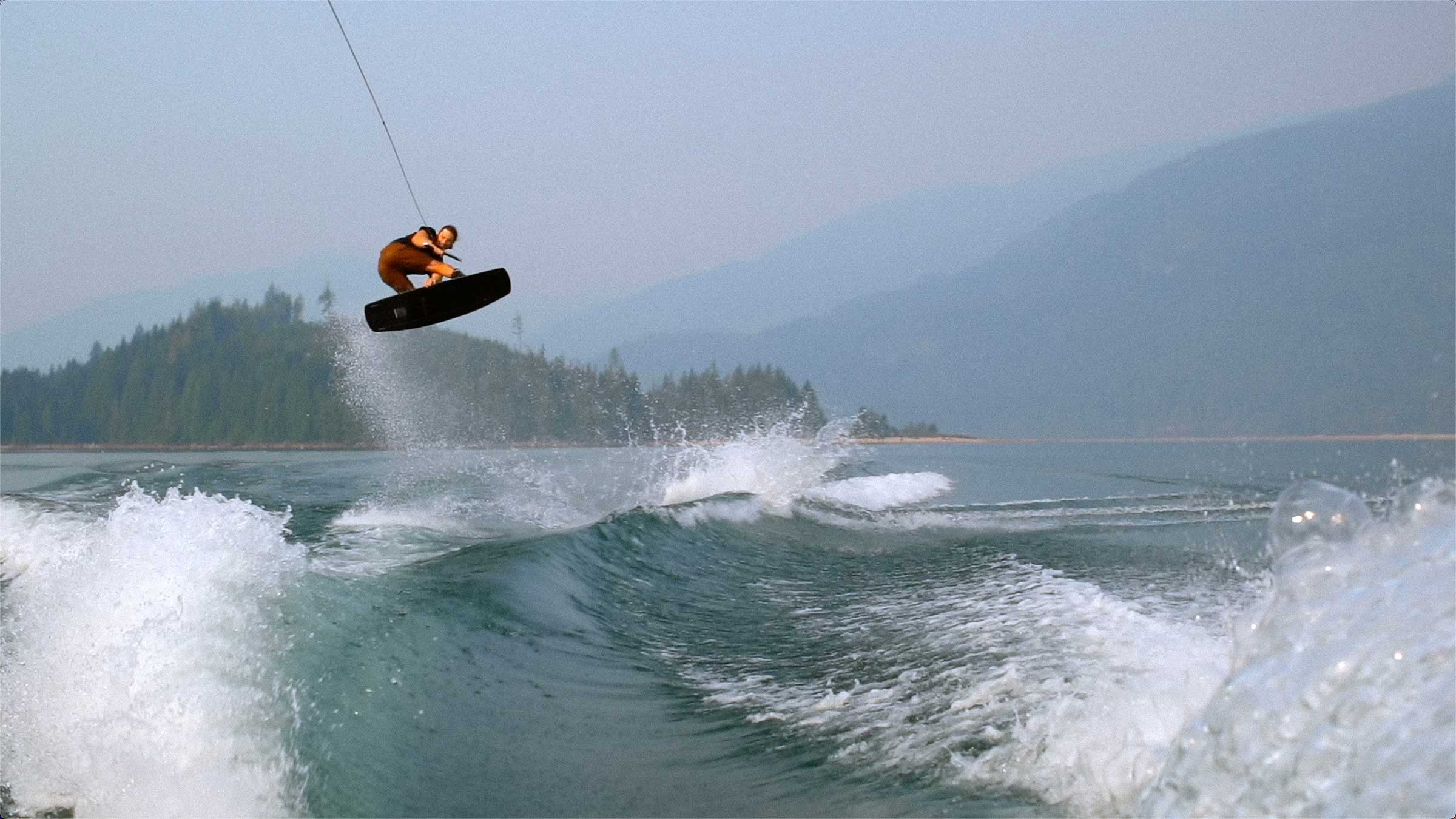
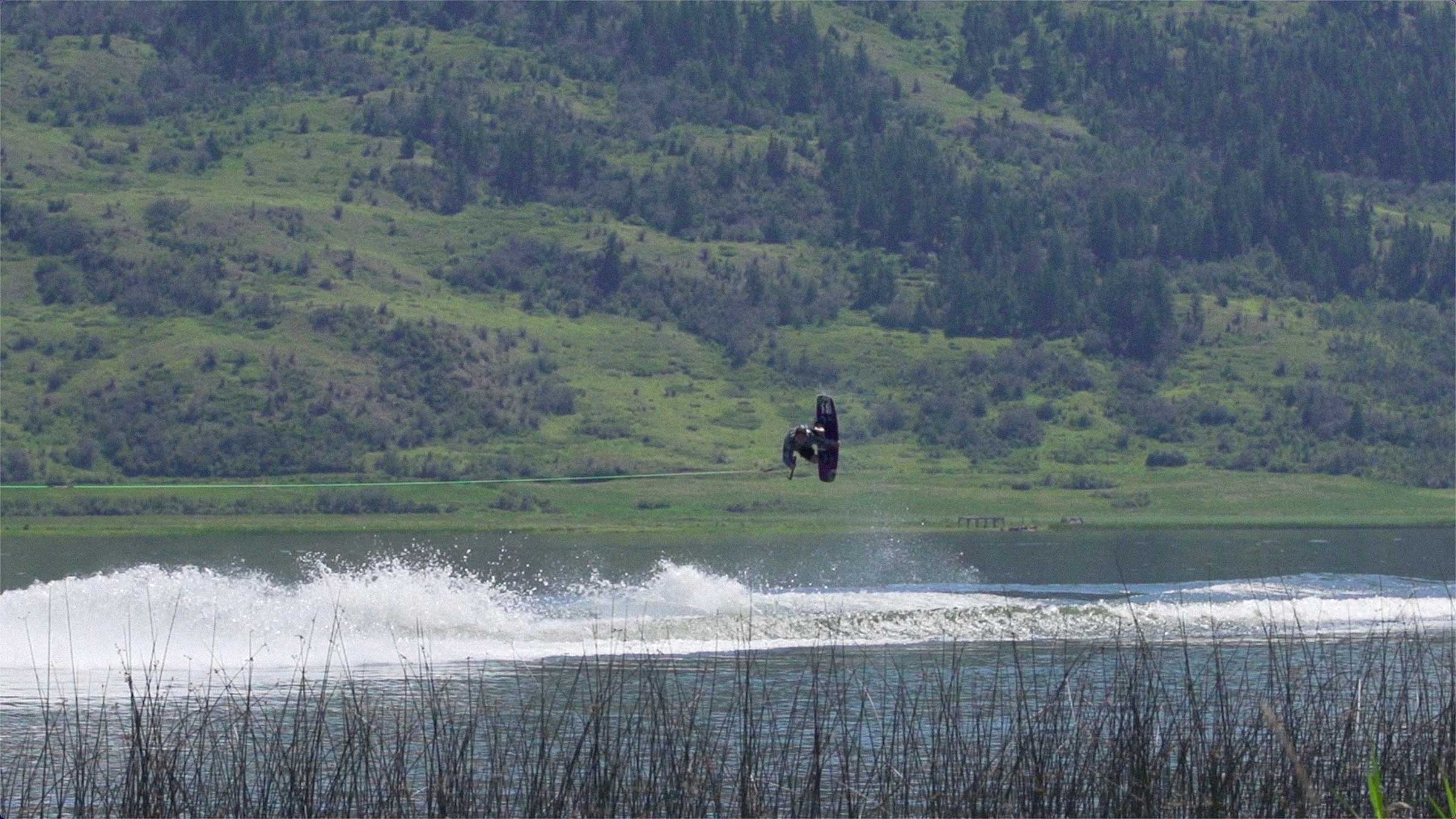
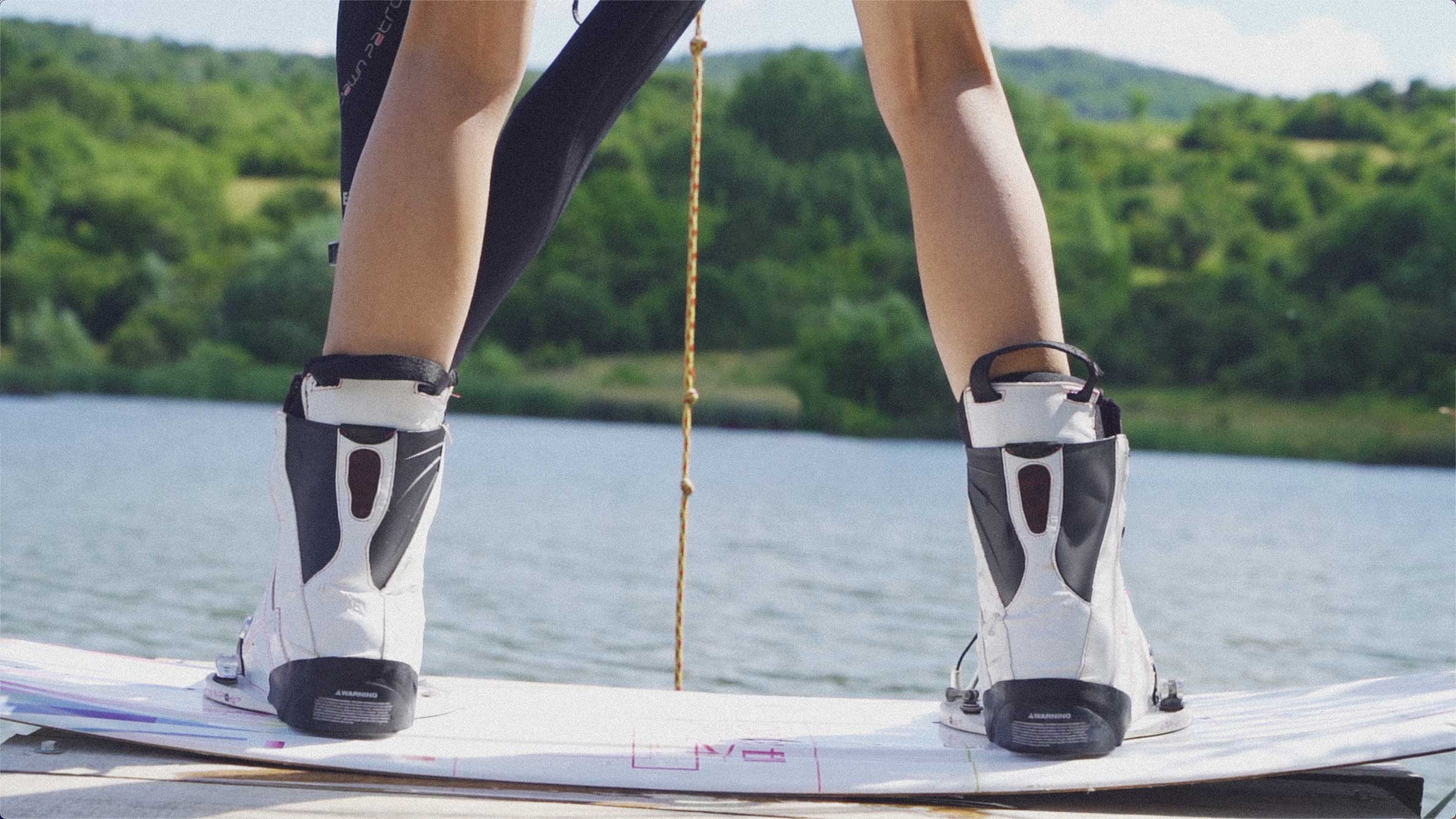
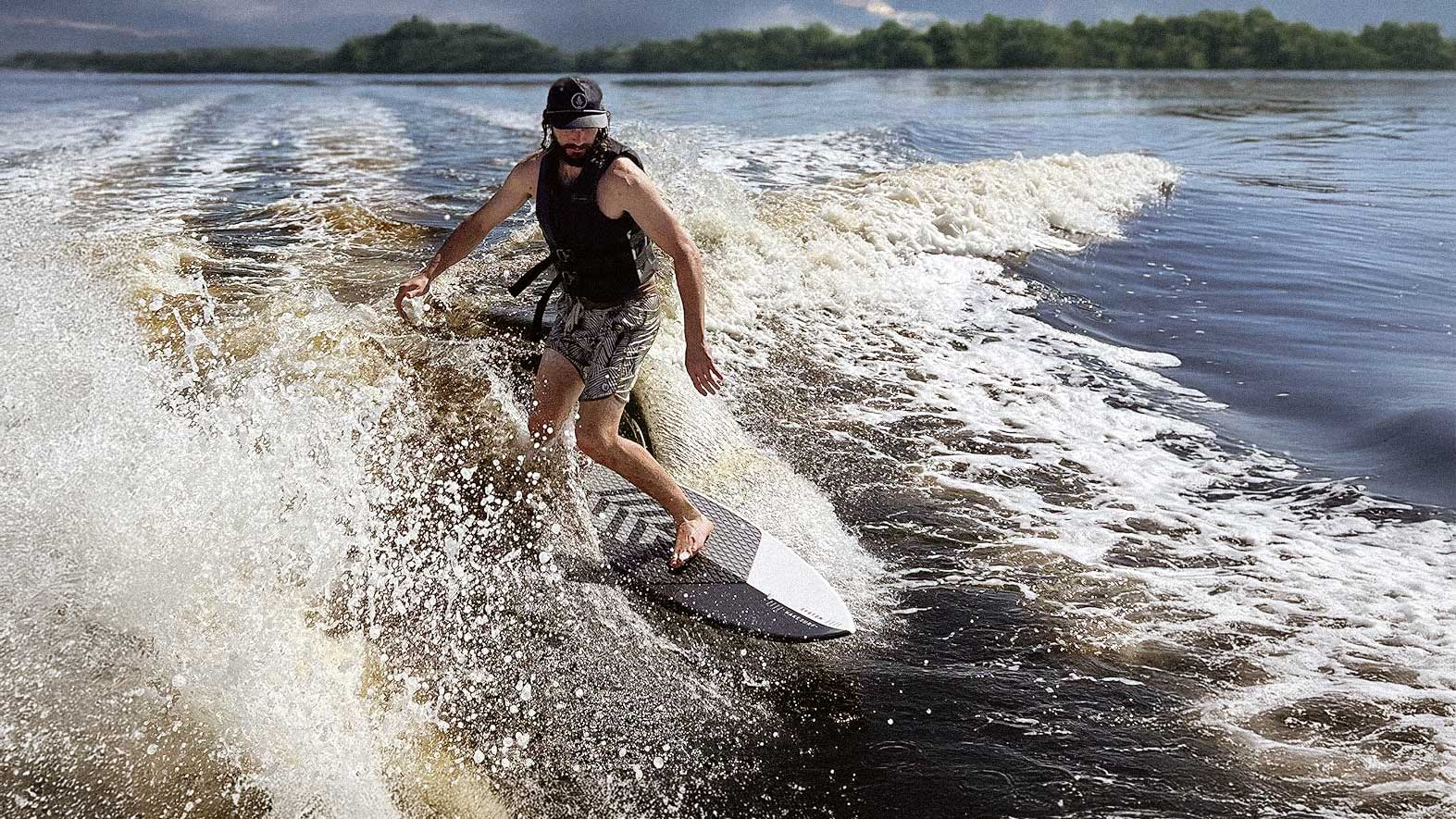
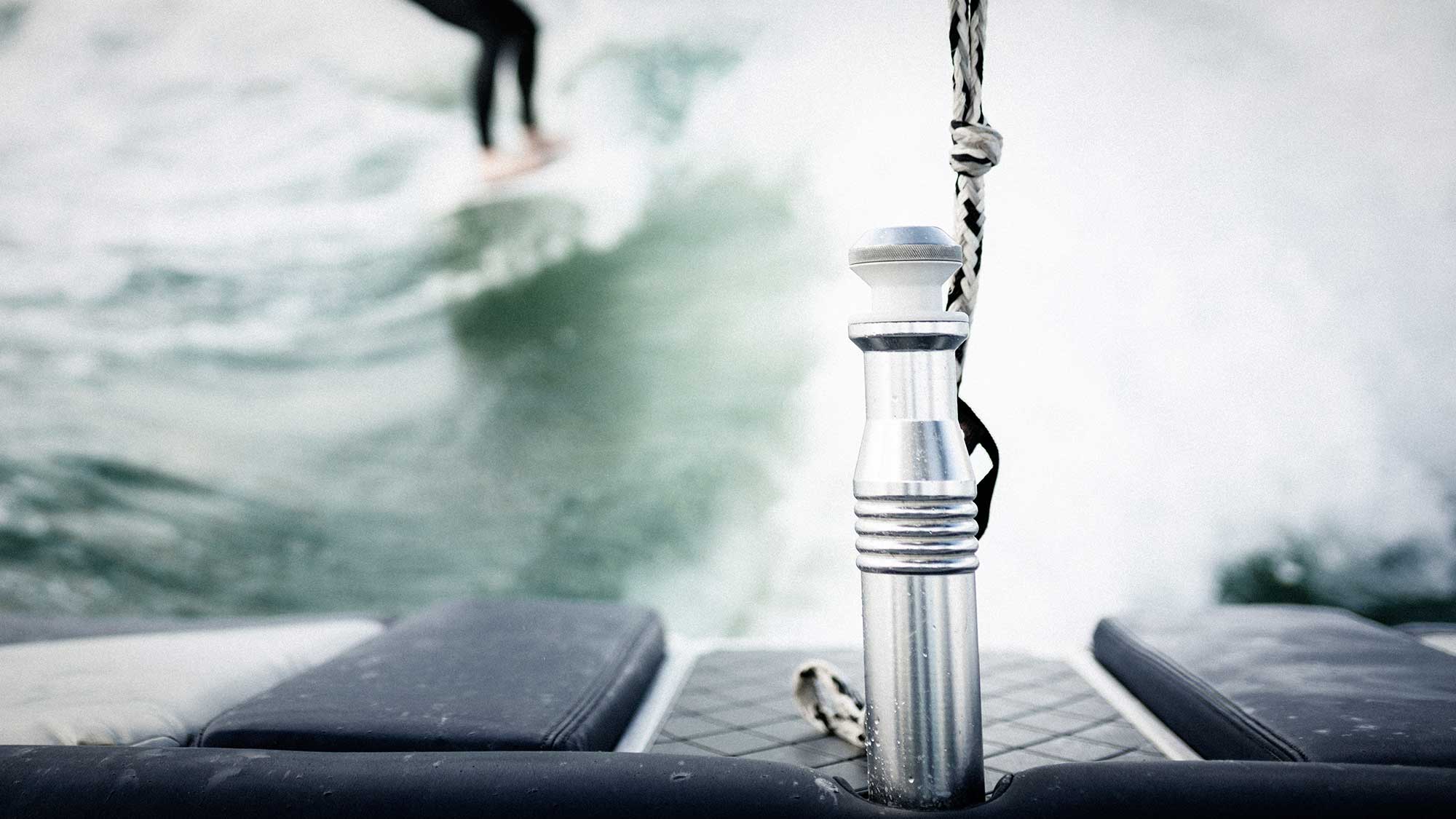





Leave a comment